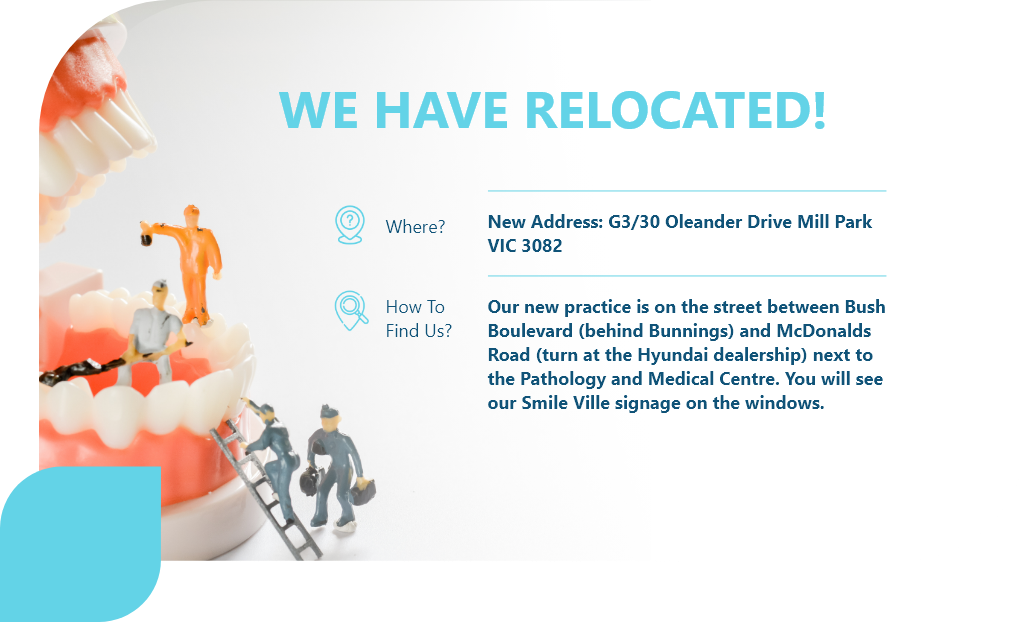Hormonal changes often occur during pregnancy which also leads to some dental concerns. This may include tooth and gum sensitivity, loose and cracked teeth, exposed tooth roots and faster plaque buildup. When this happens, you may need to have a trip to the dentist.
If you are having second thoughts about getting your tooth extracted because you are pregnant, don’t be. It is totally safe to have your tooth extracted during pregnancy. Scheduling a dental visit should not be stricken out of your pregnancy to-do list during your second trimester or even better a few months before you start trying for a baby. Remember that oral health is an indispensable part of your overall well-being.
Although tooth extraction is safe for pregnant women, some dentists and obstetricians advise their patients to postpone having their teeth extracted. This is because of the pain and anxiety that they may experience. The goal is to ensure oral health and hygiene and at the same time make sure that they will be comfortable.
What are the precautionary measures for tooth extraction during pregnancy?
● Tell Your Dentist You are Pregnant
When you visit your dentist for tooth extraction, it is best to inform him or her that you are pregnant. This way he or she can advise you of proper oral care. If you are experiencing some prenatal issues, your dentist can explain how and when to go about the tooth extraction.
● Proper Stage to Have Tooth Extraction
There are three stages of pregnancy – first, second and third trimester. While you can have a tooth extraction at any stage, it is highly recommended to extract a tooth during your second trimester.
1. First Trimester
Most dental providers and obstetricians do not advise getting tooth extraction during the first trimester. This is the crucial time when the baby is in his or her developmental stage.
It is not because it is not safe but because most expecting moms tend to become overly sensitive and irritable at this stage. Morning sickness and nausea are common which can be very uncomfortable when having your tooth extracted.
2. Second Trimester
The second trimester can be the most comfortable stage to have a tooth extraction. This is because most of your baby’s organs have developed. Your dentist may practice some safety measures during tooth extraction, but this will be discussed with you thoroughly before the procedure.
Remember to inform your dentist of how you feel while having your tooth extracted. If you suddenly feel dizzy or you temporarily lose consciousness during the treatment, your dentist will turn you to your left to decrease the tension you are feeling.
In some cases, your blood pressure may drop during the tooth extraction. This is caused by the compression of the large vein in your abdomen, known as the inferior vena cava, while sitting for a long time. When this happens, your dentist will have to elevate your hip to about 10 to 12 centimeters.
3. Third Trimester
Having your tooth extracted during the third trimester can be very uncomfortable. You may find it very difficult and stressful to be sitting down on the dental chair for so long while maintaining a stationary position.
The inevitable pain that comes after tooth extraction may also cause anxiety and discomfort. In some instances, your doctor or obstetrician may advise you to just put off the tooth extraction until after you give birth.
● Take Prescribed Medications Only
After your tooth extraction, your dentist will prescribe a medication to help ease the pain and discomfort. Make sure to buy and take prescribed-only pain relievers that are safe to take during pregnancy.
Why should I visit the dentist before getting pregnant?
If you are still in the process of baby planning, it may be best to book an appointment with your dentist before getting pregnant. This way you can have a thorough checkup and your dentist can perform major dental procedures that may render discomfort during pregnancy.
Again, dental treatments are safe to perform while you’re pregnant but may require you to sit a long time on the dental chair. This, in turn, may cause irritation and cramps which is why it is best to have those oral concerns checked before pregnancy.
Visiting your dentist before getting pregnant can also be advantageous, so you can ask for dental guidelines. Ask your dentist what you should do when you experience a toothache and what medicines you should take. Some dentists may also advise oral care DOs and DON’Ts to ensure your dental health and hygiene during your pregnancy.
Take Charge of Your Dental Hygiene
Preventive dental care is very important not just during pregnancy but every day throughout your lifetime. You may think that this is an exaggeration, but it helps to care for your oral health.
Take charge of your dental hygiene. Remember to brush at least twice a day and floss daily. Never disregard a simple toothache as it may lead to complicated or severe oral conditions. And no matter how busy life gets, always visit your trusted dentist in South Morang every six months.
It is highly recommended that you do this even when you are pregnant. Healthy teeth and gums can contribute a lot to a healthy pregnancy.
Contact Smile Ville today for a prenatal dental checkup!





